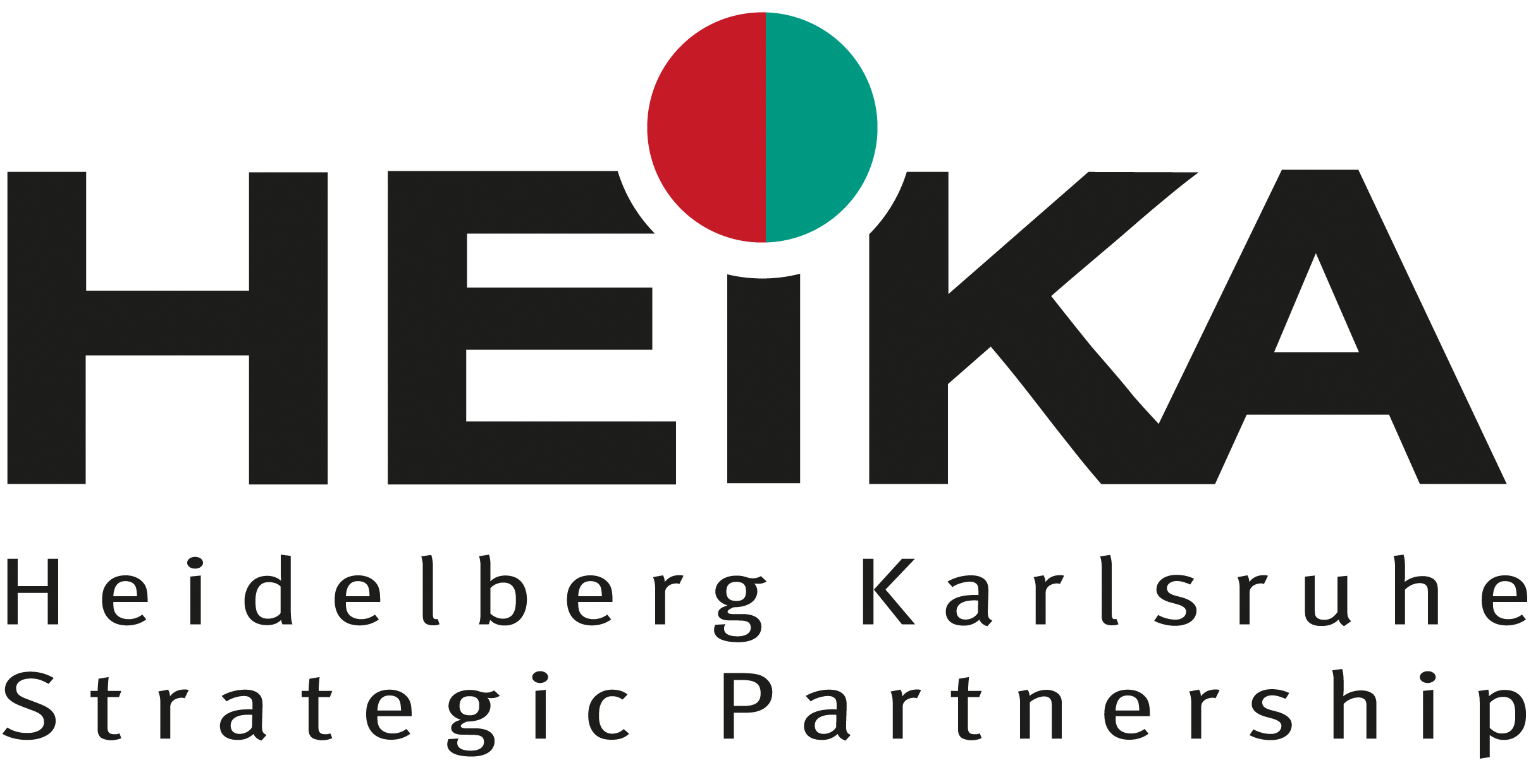Gliomas are the most common primary brain tumors in adults and consist of both higher-grade and lower-grade tumors. Lower-grade gliomas (LGGs), although slow evolving, ultimately progress into aggressive and largely incurable higher-grade gliomas. Molecular characterization of gliomas has revealed the uniform co-occurrence of isocitrate dehydrogenase (IDH) mutations in a majority of LGGs. Standard of care for IDH mutated LGGs include maximal safe surgical resection followed by adjuvant chemotherapy and radiotherapy. Salvage options for progressive disease are limited, and there is a need to develop effective therapeutic agents for glioma patients to extend overall survival and improve quality of life. To date, screening based drug discovery efforts in IDH mutated gliomas are lacking due to paucity of preclinical models. Over the last year, through collaborative efforts, we collected several patient-derived glioma tumorsphere lines and patient-derived xenograft models harbouring endogenous IDH1 mutations at the University of Heidelberg. In this joint project, we are planning to utilize a highly novel miniaturized Droplet Microarray platform developed at the Karlsruhe Institute of Technology for high throughput screening of patient-derived glioma tumorsphere lines with FDA-approved anti-cancer compound library. The overall goal of the project is to reveal potential therapeutic targets for treatment of IDH mutated LGGs. We plan to accomplish our objective by pursuing the following 2 specific aims.
In Aim 1, we will utilize our 3D IDH mutated tumorsphere models to screen a library of FDAapproved compounds on Droplet Microarray.
In Aim 2, we will prioritize candidates from Aim 1 and validate in additional tumorsphere models.

